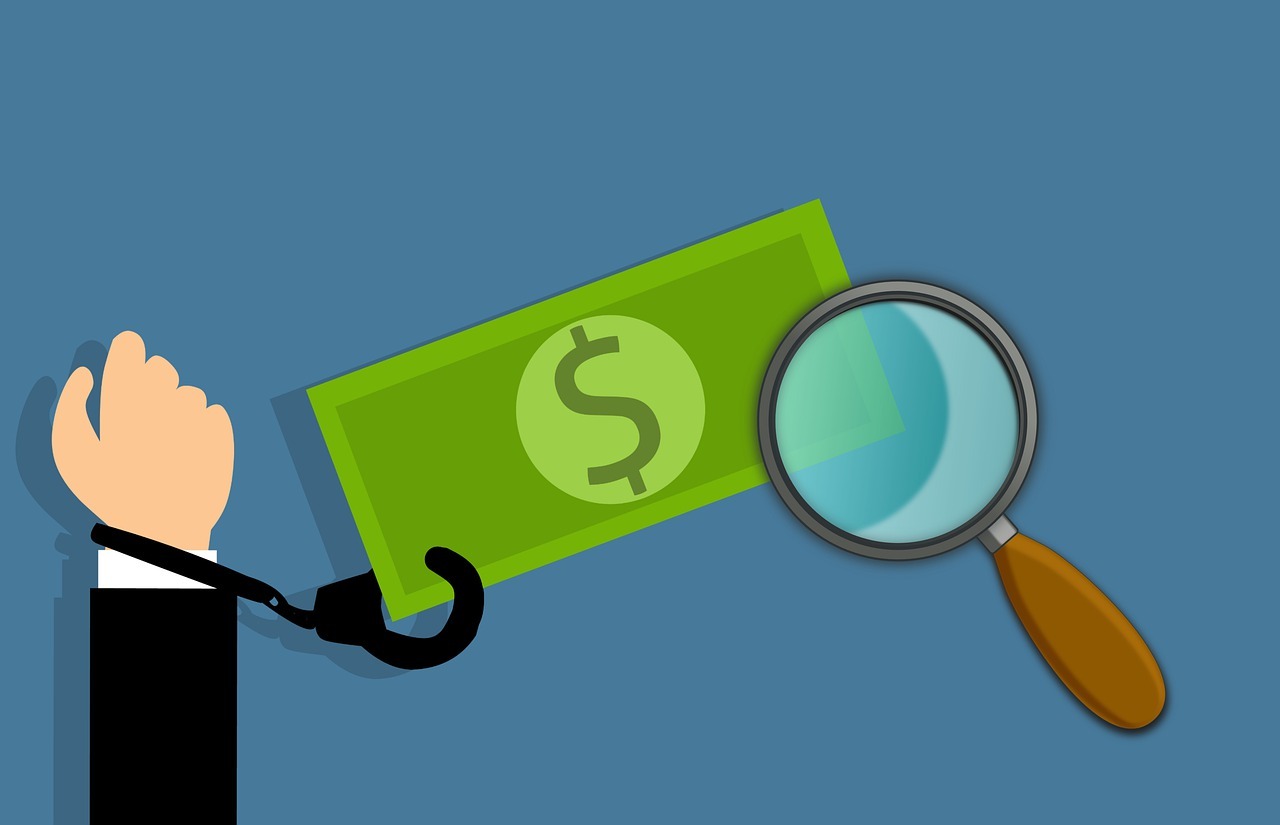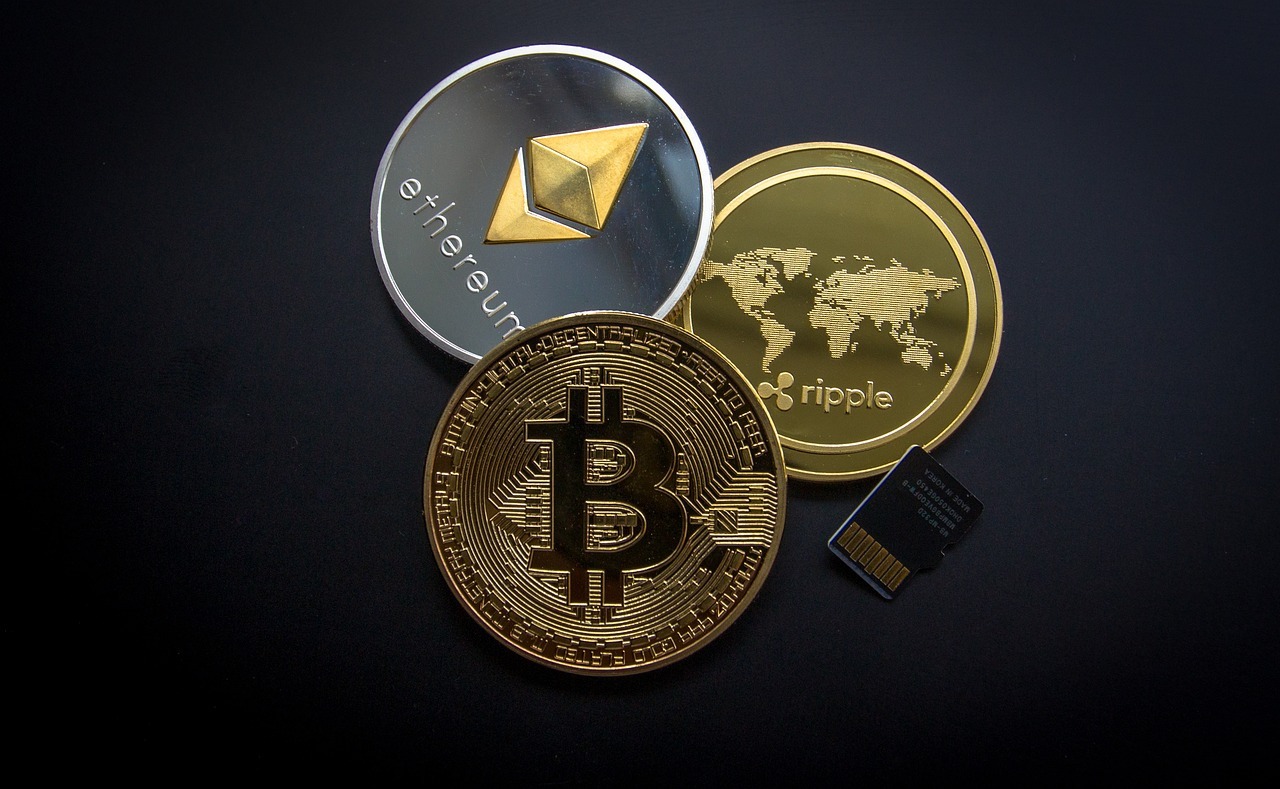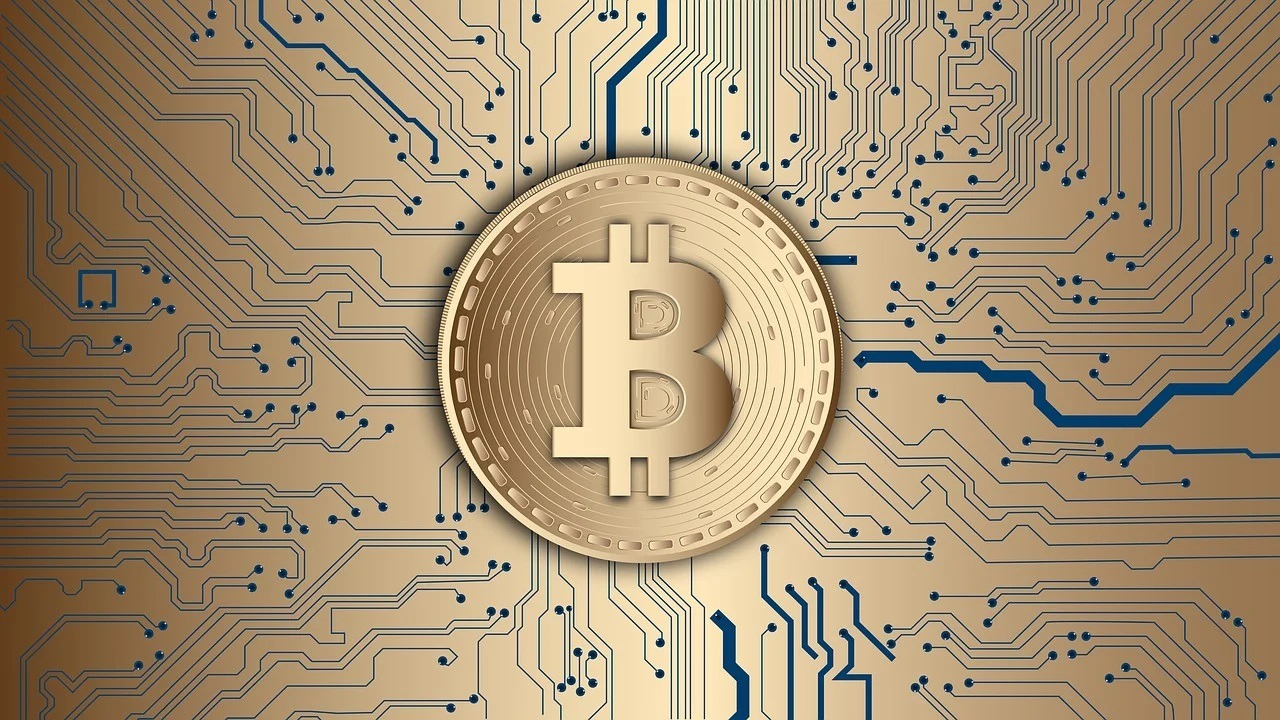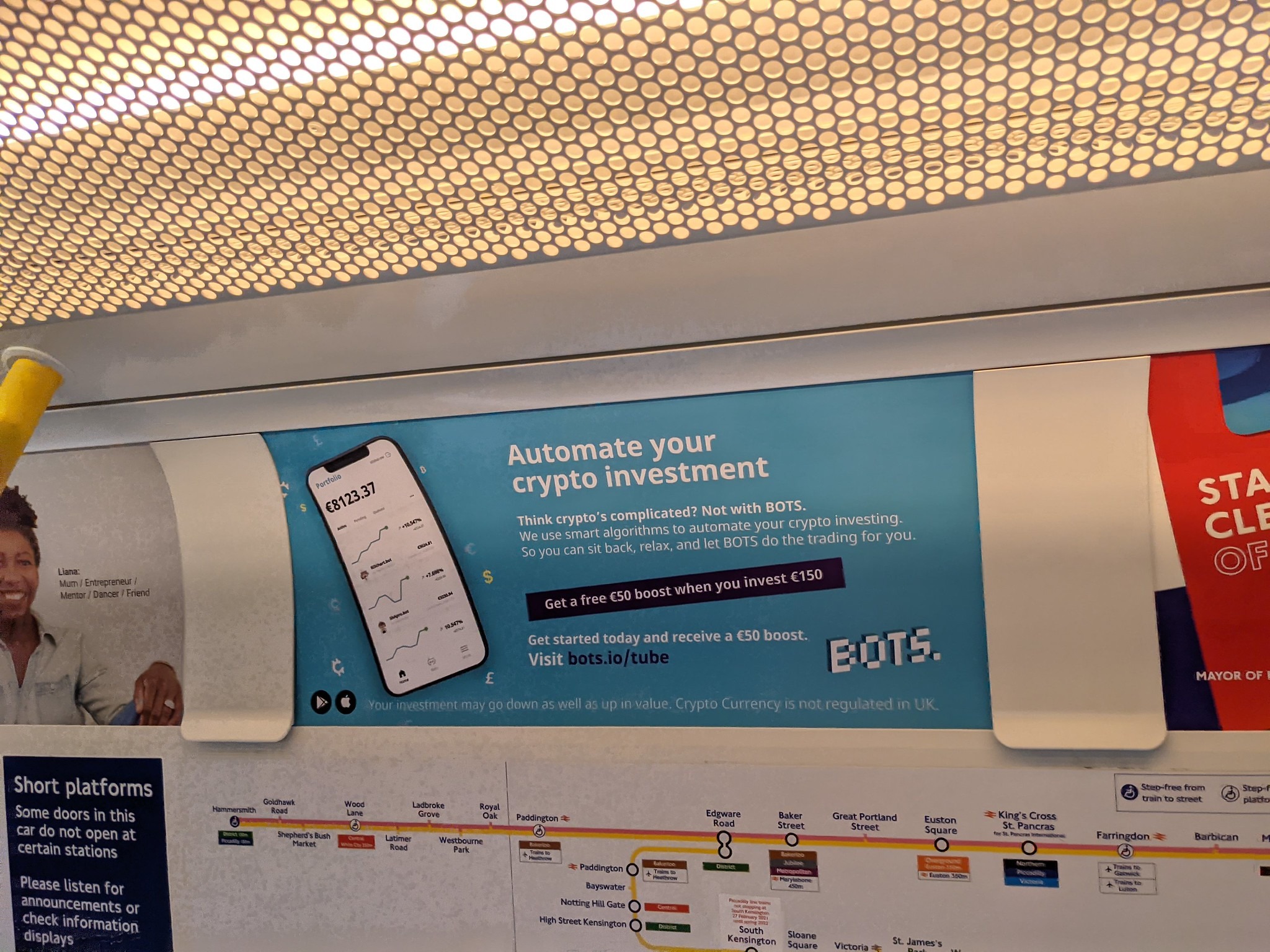NFTs are everywhere – from Amitabh Bachchan to the NBA. While India is deliberating a new law to regulate cryptocurrencies (and possibly NFTs), it is only fair to ask – one law to rule them all?
NFTs have been at the centre of everyone’s attention ever since the much talked about sale of Beeple’s “Everydays — The First 5000 Days”.[1] Since then, the first tweet ever has been sold as an NFT, so have several popular memes.[2] Even sports leagues have now jumped on the NFT bandwagon and started selling precious sports moments as NFTs.[3] Imagine owning the only certified original copy of Yuvraj Singh’s six sixes in an over against England, precious, isn’t it?
As a natural consequence, the skyrocketing NFT sales and mushrooming NFT marketplaces have alerted the policymakers. There are contradicting reports on how the Indian government may treat NFTs. Some claim that it will depend on the end-use of NFTs[4], which appears to be a reasonable premise as we will also see later in this article. Others believe that there may be an attempt of painting NFTs with the same brush as cryptocurrencies.[5] Both NFTs and cryptocurrencies are based on blockchain, a technology the government and the RBI have professed their love for, on multiple occasions.[6] However, at the core, there lie multiple differences between the two, both technological and practical, which make a case for different regulatory treatment for the two.
NFTs and cryptocurrencies – the basics and how they differ?
Simply put, comparing NFTs and cryptocurrencies is like comparing apples to oranges. NFTs rely on non-fungibility meaning that you cannot exactly trade it for another similar thing. An NFT is unique.[7] Quite like a painting (or a meme) in the digital world that has been validated to be authentic. NFTs can exist in all such forms in which digital media can exist – images, videos, gifs, audios or even text. Now mind you, there can be multiple copies of a meme floating around on the internet, but there can be just one (or limited) authentic NFTs for such a meme. The value of NFTs thus, also varies like art.
Cryptocurrency on the other hand can be exchanged freely. You can pay 33,54,657.72 Indian Rupees (at the time of writing) and obtain a Bitcoin from one person or the other, and no matter who you buy it from, it will be the same.
To further illustrate (and at the risk of oversimplification), think of cryptocurrency as the Rs. 10 currency coin you pay an Indori Poha vendor for Poha. That coin is your store of value and can be exchanged for Poha or tea or even for two Rs. 5 coins. NFT is like that coin from the Victorian era (just in digital form) that hardly a few people possess and is sold at an auction on Ebay (actually on Open Sea).
A case for different treatment for NFTs
Ever since the inception of cryptocurrencies, central banks and policymakers have associated cryptocurrencies with the following key risks:
- Their use for money laundering and tax evasion[8];
- Their use for terrorism financing[9];
- Loss of control over monetary policy – central banks control liquidity and fund flows in markets. A liquid cryptocurrency market will weaken the central bank’s control over monetary policy[10];
- Capital flight – central banks control the flow of money across borders. Cross-border transactions in cryptocurrencies are difficult to track and control[11];
- Investor protection[12]; and
- Lack of intrinsic value[13] and real-world use case – regulators often argue that cryptocurrency does not have any intrinsic value and struggle to appreciate real-world use cases of cryptocurrencies beyond payments (finding them too futuristic) and hence apply a more conservative approach to their regulation.
It is not the case that NFTs do not pose any risks. Like traditional art, which has always had a money laundering problem[14], NFTs pose the same (or even greater) money laundering risks. Greater risks, because the prices of NFTs are determined in private, in one-to-one trade. Like with art or real estate, the value attributed to a trade cannot be questioned and hence these assets can be sold at any price and the balance be settled for cash.[15] One of the things that works in favour of NFTs though is that if they are on a public blockchain such as Ethereum and the user uses a centralised platform to purchase them, transactions are traceable.[16]
Other than the money laundering risks, NFTs neither pose the same category of risks, nor the same degree of risks as cryptocurrencies. NFTs are non-fungible and cannot be used as a medium of exchange as opposed to several cryptocurrencies that can be. This alleviates central bankers’ concerns around monetary policy and control of cross-border payments.[17] As opposed to cryptocurrencies which are often (wrongly) discredited for having no intrinsic value, NFTs possess a more-obvious real world value. NFTs are rare collectibles and are valuable for the buyer.[18] From a consumer protection aspect, even if the prices of some NFTs seem unrealistic, it must be understood that the NFT market is at a nascent stage and experts predict that NFT prices will settle down over time.[19]
The Financial Action Task Force (FATF) — an intergovernmental organization of which India is a member issued a draft updated virtual asset guidance in March, 2021. The FATF has been at the forefront of discussion around legislative framework for ‘virtual assets’. The FATF, while defining the scope of ‘virtual assets’, replaced a previous reference to “assets that are fungible” with “assets that are convertible and interchangeable”.[20] NFTs which facilitate transfer or exchange of value or facilitate money laundering will fall within the scope of virtual assets under FATF’s guidance.[21] However, the FATF recommends that countries should apply a risk-based approach to tackle money laundering and terrorism financing risks associated with virtual assets and take measures commensurate with the risks.[22] When assessing risks, the use case of virtual assets in question is a crucial factor to consider.[23]
Interestingly, the Supreme Court of India, while holding the RBI’s circular circumventing access to banking channels for cryptocurrency business unconstitutional, found such indirect ban on cryptocurrencies disproportionate to the concerns meant to be addressed, since there was no evidence of harms presented by cryptocurrencies.[24] Given that NFTs do not present the same risks as cryptocurrencies, a legislative attempt to apply an overreaching ban on all blockchain-based products may invite a judicial review.
Painting NFTs with a different brush
It is worth arguing that if cryptocurrencies are to be tightly regulated, similar onerous regulation must not be levied on NFTs for they are far more benign than their fungible cousins. An ideal approach would be to regulate both cryptocurrencies and NFTs on a risk-based approach, consistent with the realities of the underlying technology. For both, the law may mandate necessary anti-money laundering (AML) and know-your-customer (KYC) requirements.
NFTs should not be included under a broad definition of “cryptocurrencies” in the new bill.[25] Rather, a nuanced risk-based and use-case specific approach must be adopted to regulate (and not ban) NFTs. It is necessary to clarify, not all NFTs must be treated in the same manner. Some NFTs, particularly NFTs where multiple users invest in an underlying asset (such as art) in fractions and are granted governance rights are closer to being ‘securities’ than NFTs.[26] The United States for instance, is likely to regulate NFT businesses in the same manner as a money transmitting business where NFTs have a value that substitutes for currency. If the treatment of various blockchain based products is indeed based on their use cases under a new proposed bill as reported, it would be an ideal regulatory solution for both – the policymakers as well as the industry.
Authored by Priyam Jhudele, Associate with inputs from Anirudh Rastogi, Founder and Managing Partner at Ikigai Law.
Image credits: Shutterstock
[1] Jacob Kastrenakes, Beeple sold an NFT for $69 million, THE VERGE (March 11, 2021), available at https://www.theverge.com/2021/3/11/22325054/beeple-christies-nft-sale-cost-everydays-69-million.
[2] Taylor Locke, Jack Dorsey sells his first tweet ever as an NFT for over $2.9 million, CNBC (March 22, 2021), available at https://www.cnbc.com/2021/03/22/jack-dorsey-sells-his-first-tweet-ever-as-an-nft-for-over-2point9-million.html; Tim Marcin, Classic Memes That Have Sold As NFTs!, MASHABLEINDIA (June, 2021), available at https://in.mashable.com/culture/23028/classic-memes-that-have-sold-as-nfts
[3] Ryan Browne, Spain’s top soccer league is launching NFT fantasy football cards for all its players, CNBC (September 9, 2021), available at https://www.cnbc.com/2021/09/09/laliga-to-launch-nft-fantasy-football-cards.html.
[4] Sachin Dave, Govt looking to paint NFT picture in crypto bill, THE ECONOMIC TIMES (September 11, 2021), available at https://economictimes.indiatimes.com/tech/technology/govt-looking-to-paint-nft-picture-in-crypto-bill/articleshow/86100183.cms.
[5] Ibid.
[6] Indivjal Dhasmana, India will not ‘shut off’ all cryptocurrency, wants blockchain: Sitharaman, BUSINESS STANDARD (March 15, 2021), available at https://www.business-standard.com/article/markets/india-will-not-shut-off-all-cryptocurrency-wants-blockchain-sitharaman-121031400754_1.html#:~:text=The%20Morning%20Show-,India%20will%20not%20’shut%20off,all%20cryptocurrency%2C%20wants%20blockchain%3A%20Sitharaman&text=Finance%20minister%20Nirmala%20Sitharaman%20has,are%20not%20shutting%20all%20options; Reserve Bank of India, Distributed Ledger Technology, Blockchain and Central Banks, (2020), available at https://m.rbi.org.in/scripts/BS_ViewBulletin.aspx?Id=18766.
[7] Mitchell Clark, NFTs, explained, THE VERGE (August 18, 2021), available at https://www.theverge.com/22310188/nft-explainer-what-is-blockchain-crypto-art-faq.
[8] Internet and Mobile Association of India v. Reserve Bank of India, W.P (Civil) No. 373 of 2018.
[9] Department of Economic Affairs, Ministry of Finance, Report of the Committee to proposed specific actions to be taken in relation to Virtual Currencies, (2019), available at https://dea.gov.in/sites/default/files/Approved%20and%20Signed%20Report%20and%20Bill%20of%20IMC%20on%20VCs%2028%20Feb%202019.pdf.
[10] Supra note 9, at 87.
[11] Id., at 167-168.
[12] Id., at 19.
[13] Supra note 9, at 34.
[14] Matt Egan, The art world has a money laundering problem, CNN BUSINESS (July 29, 2020), available at https://edition.cnn.com/2020/07/29/business/art-money-laundering-sanctions-senate/index.html.
[15] Scott Chipolina, Art Has a Money Laundering Problem. NFTs could make it worse, DECRYPT (May 8, 2021), available at https://decrypt.co/70190/art-has-a-money-laundering-problem-nfts-could-make-it-worse.
[16] Ibid.
[17] Jaideep Reddy, Meyyappan N & Vaibhav Parikh, The status and future of NFTs and crypto art in India, THE ECONOMIC TIMES (April 8, 2021), available at https://economictimes.indiatimes.com/tech/catalysts/the-status-and-future-of-nfts-and-crypto-art-in-india/articleshow/81970883.cms.
[18] Abram Brown, What Is An NFT – And Should You Buy One?, FORBES (February 26, 2021), available at https://www.forbes.com/sites/abrambrown/2021/02/26/what-is-an-nft-and-should-you-buy-one/?sh=1a31c43024b2 .
[19] Taylor Locke, Mark Cuban: Crazy NFT prices ‘will settle down’ over time, but the tech is here to stay, CNBC (March 4, 2021), available at https://www.cnbc.com/2021/03/04/mark-cuban-nft-pricing-will-settle-down-over-time.html.
[20] Jamie L. Boucher et al., Are Nonfungible Tokens Subject to US Anti-Money Laundering Requirements, SKADDEN, ARPS, SLATE MEAGHER & FLOM LLP AND AFFILIATES (April 16, 2021), available at https://www.skadden.com/insights/publications/2021/04/are-nonfungible-tokens-subject.
[21] Ibid.
[22] Financial Action Task Force, Draft updated Guidance for a risk-based approach to virtual assets and VASPs, (2021), available at https://www.fatf-gafi.org/media/fatf/documents/recommendations/March%202021%20-%20VA%20Guidance%20update%20-%20Sixth%20draft%20-%20Public%20consultation.pdf.
[23] Ibid.
[24] Internet And Mobile Association of India and Ors. v. Reserve Bank of India, Writ Petition (Civil) No.528 of 2018, available at: https://main.sci.gov.in/supremecourt/2018/19230/19230_2018_4_1501_21151_Judgement_04-Mar-2020.pdf.
[25] Supra note 17.
[26] David Z. Morris, Are NFTs Securities?, COINDESK (August 24, 2021), available at https://www.coindesk.com/markets/2021/08/24/are-nfts-securities.










